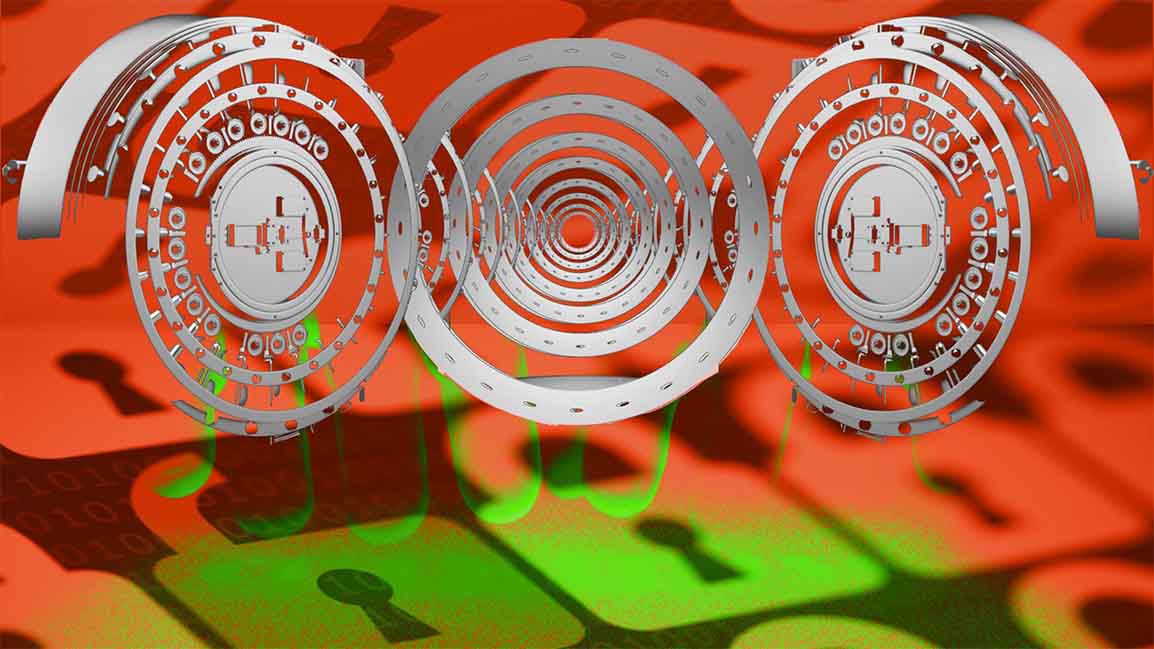- | 11:30 am
MEA customers want a secure digital world, trust gap is 15%
Consumers say digital services cannot be trusted due to online crimes and data breaches.

While the global economy is reeling under the pressure of a massive economic slowdown, there’s one thing that has the potential to unleash trillions of dollars in economic growth – digital trust. According to recent research by Callsign and the Center for Economics and Business Research (CEBR), a mere 5% increase in digital trust can result in an average hike of $3,000 in GDP per capita.
However, a “digital trust gap” is emerging worldwide with more online consumers. While non-western markets have a positive trust gap indicating consumer attitudes to digital trust exceed societal trust levels, western markets have a negative trust gap where societal trust is higher than digital trust.
In the MEA region, where the digital trust gap is 15%, 56.3% of respondents trust online and digital services, around 21.1% say digital services cannot be trusted because of online fraud.
Interestingly, other factors impacting digital trust gaps include experiences of data breaches (12.8%), lack of transparency (15%), and not knowing how to use digital services safely (16.1%). By 2025, the digital economy is expected to grow from $14.5 trillion in 2021 to $20.8. Nonetheless, online crime costs are also expected to soar over the same period from $6 trillion to $10.5 trillion.
Owing to this, around 54% of consumers want governments to create a secure digital environment. To achieve this, while 77% of the respondents report support for creating a digital economy system overseen by an independent body, 47% want digital identity to be a part of their lives for at least 12 months.
If businesses and governments look forward to unleashing the full potential of digital trust, the report suggests, they must tackle the foundational element – digital identity. “The results of this research should be a call to action for businesses and governments to work together to build a secure, ethical digital identity framework so that citizens can live digitally, safely, and to boost economic growth at this critical time,” says Saeed Ahmad, MD, Callsign – MENA.
“The foundation of digital trust is our digital identities. We need to know who we are interacting with online to be able to trust brands, transactions, and people. Consumers in MEA want a secure digital world and governments want to continue to grow the digital economy in the region. They need to work with businesses to reap the benefits of the GDP per capita that building digital trust could bring,” Ahmad adds.
The survey was conducted with samples of 2,000 people from the Middle East, 2,500 from the APAC region, and over 7,500 people from different parts of the world.
Most Innovative Companies comes to the Middle East this October! Click here to know more.































